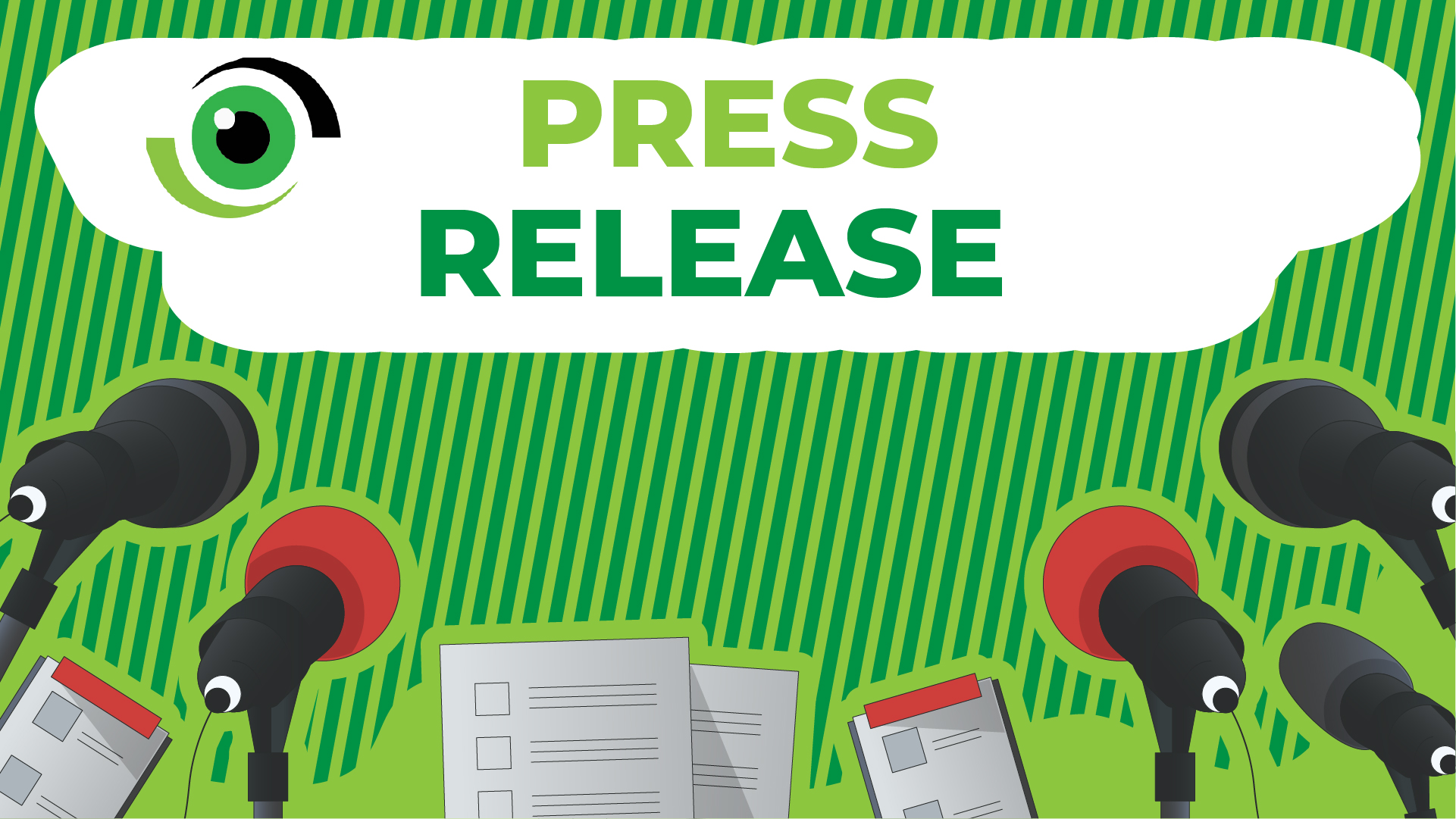Abuja, Nigeria, 5 March 2021 – New hope is being offered to people with severe facial deformities caused by the disease noma as a team of expert surgeons begin work at Sokoto Noma Hospital in northwest Nigeria’s Sokoto state, organised by the Ministry of Health with support from international medical organisation Médecins Sans Frontières/Doctors Without Borders (MSF). The latest round of noma surgery began on 2 March and will run until the middle of the month, with 19 surgeries planned, benefiting a total of 16 patients.
Over the past six years, the Ministry of Health, with MSF’s support, has brought in international surgeons and nurses four times a year to conduct noma surgery at the hospital. However, travel restrictions related to the COVID-19 pandemic led to the cancellation of surgery since February 2020. For the first time, this latest round of surgery is being carried out entirely by Nigerian surgeons.
“Previously, Nigerian surgeons worked side by side with the international team,” says MSF project coordinator Charity Kamau. “We are very pleased to have reached this milestone of having surgical interventions led fully by Nigerian surgeons.”
Noma is caused by an infection in the mouth and is linked to malnutrition, a lack of vaccinations and poor oral hygiene. The disease is easily treatable with antibiotics but, when left untreated, it advances very quickly, resulting in the death of 90 per cent of those infected within a fortnight. Those who survive are left with severe facial disfigurement that can make it difficult to eat, speak and breathe. In addition, noma survivors are often heavily stigmatised by their communities. Having surgery to correct the deformities is usually lifechanging for patients.
“Not only does surgery restore the functionality of a patient’s mouth and nose, but it also reduces the stigma that patients suffer from and helps them carry on with their lives,” says MSF deputy medical coordinator Dr Bukola Oluyide.
However, a lack of awareness about noma means that survivors often go without treatment. “We are worried that there are many more patients out there,” says Dr Oluyide. “Because noma is a neglected disease, more resources are needed for health surveillance, early detection and prevention.” “We are targeting not only survivors who have reached an advanced stage of the disease, which requires complicated surgery, but also people with early-stage noma, when treatment is both simple and effective,” says Kamau. “We are glad to see more early-stage patients come to the hospital, but we definitely we need more help in early detection in communities.”
Despite fitting all the criteria, noma is not officially recognised as a Neglected Tropical Disease by the World Health Organization (WHO). Last month, MSF held an international online conference on noma, in partnership with the International Society for Neglected Tropical Diseases, with speakers including the Nigerian Minister for Health, the technical officer of the WHO’s Regional Office for Africa, and the international president of MSF, to discuss the disease and expand the network of people advocating for increased attention to noma.
MSF has been supporting Sokoto Noma Hospital since 2014. The programme, run in collaboration with the Ministry of Health, provides surgery, health promotion activities, mental healthcare and nutritional support. From August 2015 to October 2020, teams performed 789 surgeries for 550 patients and provided treatment to 323 patients with acute noma.
For more information about noma visit: noma.msf.org
MSF is an international medical humanitarian organisation that provides assistance to populations in distress, victims of natural and manmade disasters and victims of armed conflict, irrespective of their race, religion, gender, creed and political affiliations.
MSF has been working continuously in Nigeria since 1996, responding to disease outbreaks and emergency health needs across the country, including those resulting from violence and mass displacement. Currently, MSF teams work in seven states – Borno, Jigawa, Zamfara, Sokoto, Benue, Ebonyi and Rivers – providing general and emergency healthcare, maternal and paediatric care, vaccinations, major surgical interventions, mental healthcare and care for patients suffering from noma, lead poisoning and Lassa fever. MSF teams also provide water and sanitation services, distribute emergency relief items and shelter materials, and provide COVID-19 care and health promotion activities.


